How we work
What is it we do?
Human rights work is a marathon, not a sprint. It needs time, commitment and, above all, a sense that change is possible. Accordingly, our work is conceived through the following interrelated workstreams:

Human rights monitoring and fact-finding

Documentation, research and learning

Awareness-raising
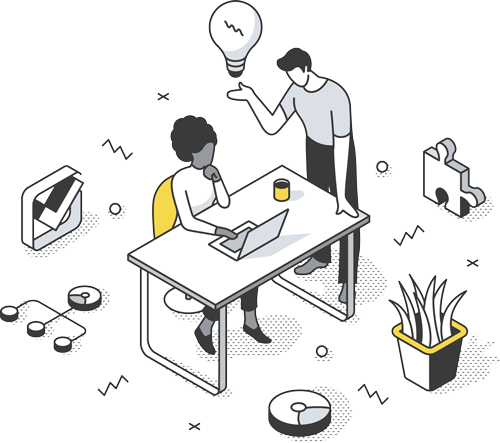
Advocacy and lobbying

Training and capacity building
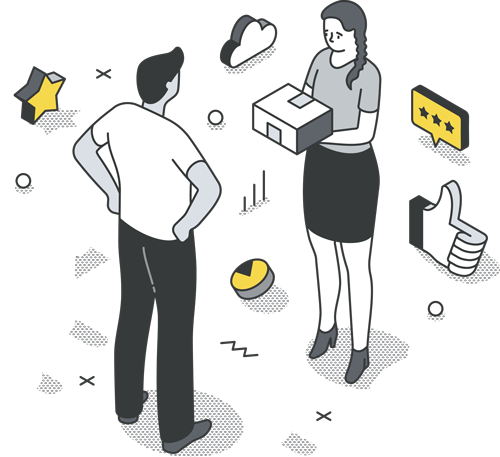
Convening and alliance-building for solidarity
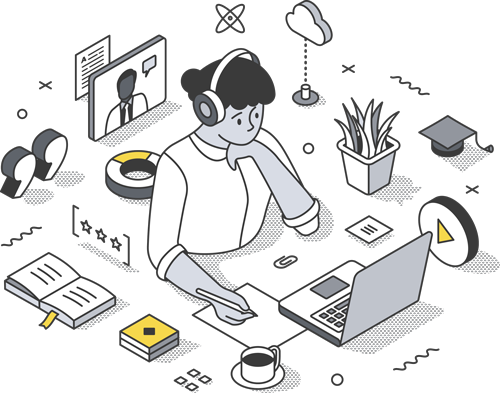
Public interest litigation

Human rights education and engagement with youth
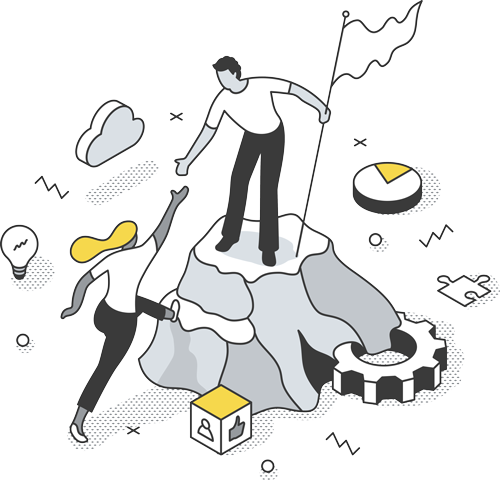
Support to survivors of rights violations
Our core work
Arguably, the most important part of our work is the production of the State of Human Rights series—our flagship annual report, now in its thirty-fifth year, which documents and assesses a wide range of rights violations across the country, based on press reports, official and international sources, and carefully verified field reports. Since 2019, each issue has comprised separate chapters on the federating units, Islamabad Capital Territory, and the administrative units of Azad Jammu and Kashmir and Gilgit-Baltistan. The report is widely quoted nationally and internationally and is the only series of its kind in the wider South Asian region.
All our work is evidence-based. For this, we operate a dedicated Knowledge Management System that collects, categorizes and digitizes human rights-related news reports across 20 categories and over 100 subcategories.
We also publish a monthly newsletter, Jehd-e-Haq, which documents rights violations at the community level and makes national and international human rights reports accessible to a wider audience in Urdu.
We monitor the human rights situation 24/7, 365 days a year, issuing press statements to hold state and nonstate actors to account, carrying out fact-finding studies and missions to verify rights violations, analysing bill and laws from a human rights perspective through our Legislation Watch Cell, and helping survivors of rights violations seek protective services and legal aid referrals through a countrywide Complaints Cell.
Where are we based?
Our staff operates a secretariat in Lahore as well as eight regional offices in Karachi, Hyderabad, Peshawar, Quetta, Turbat, Multan, and Gilgit. Additionally, the Centre for Democratic Development operates from Islamabad (see Our offices).
We are not just an NGO
HRCP is one of the country’s oldest nonpolitical, nongovernment, not-for-profit rights-based organizations. But it is also much more. As a membership-based organization, it relies on hundreds of committed volunteers in cities and towns across Pakistan, who help us monitor and verify rights violations and take part in our advocacy and outreach. This general body in turn elects a governing Council every three years—a group of veteran lawyers, journalists, community leaders and academics who provide oversight and direction.
Our regional and international allies
Although our work is based in Pakistan, we draw strength from and support allies across the world. HRCP is a founding member of South Asians for Human Rights (SAHR) and an active member of the International Federation for Human Rights (FIDH), the World Coalition Against the Death Penalty, the Asia Pacific Forum on Women, Law and Development and the Global Network of Domestic Election Monitors (GNDEM). In 2010, HRCP was granted special consultative status with the UN Economic and Social Council.
We advocate for human rights protections internationally too, by making regular submissions to UN treaty bodies, special rapporteurs and working groups.


